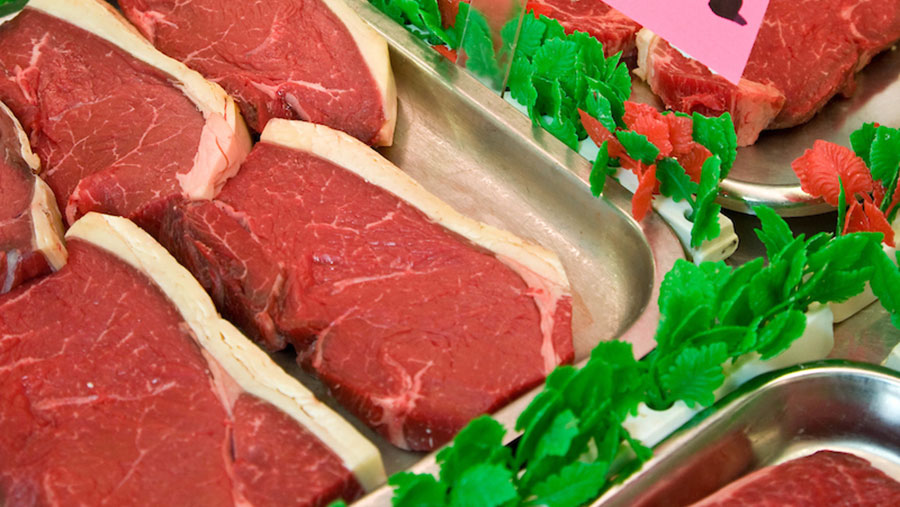World cancer charity criticises red meat study
 © Tim Scrivener
© Tim Scrivener One of the world’s leading cancer charities has echoed serious concerns about an influential report that links red meat consumption to cancer.
The World Cancer Research Fund International (WCRF) has criticised The Lancet’s Global Burden of Disease (GBD) 2019 study, which links red meat consumption to a dramatic increase in certain diseases and deaths.
The 2019 study, published in October 2020 and supported by a Lancet publication in 2021, suggested that a diet high in red meat was responsible for 896,000 deaths globally – a 36-fold increase compared with the 2017 GBD study.
See also: Calls for retraction of 2019 Eat-Lancet report as sequel looms
Major policy documents including the National Food Strategy and the Food Standards Agency’s latest five-year strategy, as well as hundreds of other articles, reports and studies that seek to influence people’s diets and health, rely on data in the 2019 study to back up calls for lower red meat consumption.
But in a letter (PDF) published in The Lancet on 6 August, the WCRF authors say they support calls by Professor Alice Stanton, of the Royal College of Surgeons in Ireland, and colleagues for “further clarification, justification, or reconsideration, of the theoretical minimum risk exposure level of zero for unprocessed red meat selected by GBD”.
The authors, who include the former head of the British Nutrition Foundation Judy Butriss, state: “When the assumptions used within a study are not clearly stated and explained, the results become questionable.”
They say that “the lack of transparency in the assumptions underlying the calculations undermines the authority of the GBD estimates”.
And the absence of an explicit rationale for the assumptions underlying the GBD estimates is “troublesome, unsupported by the evidence, and unrealistic”.
Own review
The WRCF explains it has been at the forefront of exploring the relationships between diet, nutrition, physical activity and cancer for more than 20 years.
Following its own review of evidence related to the consumption of unprocessed red meat, it concluded that red and processed meat are “causal contributors” to the development of colorectal cancer.
But the charity says it does not recommend complete avoidance of meat, noting that in many diets worldwide, red meat is an important source of several nutrients.
“Removing meat from such diets is impractical and unrealistic, and carries a risk of nutritional deficiency judged to outweigh future cancer risk,” the letter concludes.
Pressure is mounting on the authors of the 2019 GBD study to publish the methodology used in the study ahead of the publication of the sequel, the EAT-Lancet 2.0 report, which is due to be released in 2024.
